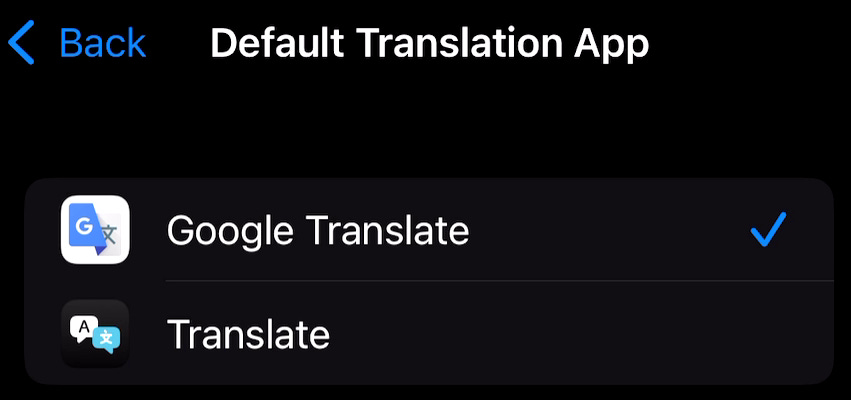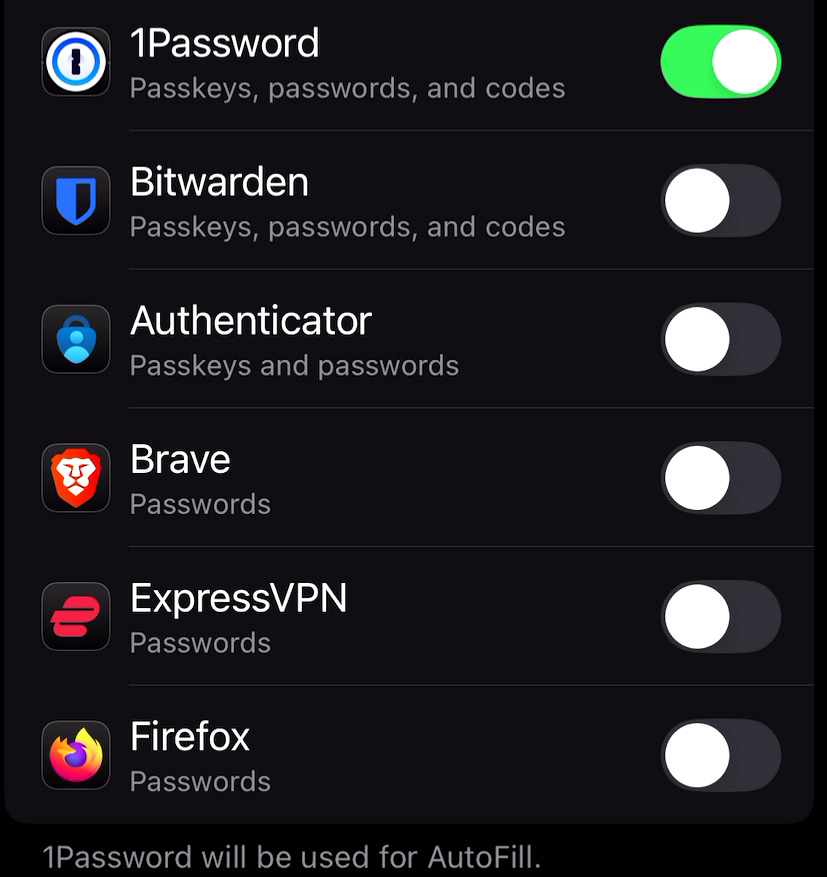Quick Tip: How to Change Default Apps on Your iPhone (iOS 18.4 and Later)
Apple now lets you change your default apps in iOS 18.4, including browser, email, translation, and more. Here’s how to set it up and why it matters.
Apple quietly added a feature in iOS 18.4 that gives you more control over which apps handle your day-to-day tasks. It’s not something they did out of the goodness of their hearts. European laws forced them to make the change there, and Apple has decided to roll it out these settings in particular in other countries.
But the result is that you can now set your preferred translation app, email client, browser, and more as the default that your iPhone will use when you want to do certain things in your preferred apps.
Here’s how it works and why it matters.
Where to Find the Default App Settings
On your home screen, tap Settings.
Scroll all the way down and tap Apps, then tap Default Apps.
You’ll find Apps at the very bottom of the Settings page. This isn’t exactly front and center. One might argue that Apple clearly did this out of spite, and didn’t go out of their way to make this easy to find, but it’s there.
What You Can Change
You can now change your default:
Email app (like Gmail, Apple Mail, or Fastmail)
Messaging app (such as iMessage or WhatsApp)
Calling app (Phone, FaceTime, WhatsApp)
Browser (Safari, Chrome, Firefox, Brave, etc.)
Translation app (Google Translate now works as a system-wide default)
Password Manager (like 1Password or Bitwarden)
Depending on which apps you have installed, your available options will vary.
Email Apps
If you don’t use Apple Mail, you can now tell your iPhone to stop opening it by default. Whether you prefer Gmail, Outlook, Fastmail, or another email app, you can set it as your default. That means when you tap an email link or share something via email, it will launch your chosen app instead of Apple Mail.
Messaging Apps
The default messaging app on iOS has always been Messages (iMessage). Now, you can switch to WhatsApp or another messaging app if it is already installed. This is especially useful if your friends and family use something other than iMessage. Be aware, though some features like SMS/MMS fallback still go through Apple’s system, but it’s progress.
Calling Apps
Apple has finally allowed you to choose a different default for phone calls. If you use WhatsApp for voice or video calls more often than your phone’s built-in dialer, you can make that your go-to. To be clear, if you’re not using “Phone” to make calls, apps like WhatsApp are using your available internet connection.
The options will depend on what apps you have installed.
Web Browsers
This one’s been available for a while, but it’s now easier to access. You can set Chrome, Firefox, Brave, or whatever browser you prefer as your default. That means any link you tap will open in your browser of choice, not Safari. You can still use Safari if you want, but now it’s not forced on you.
Translation Apps
Apple now lets you change the default translation app to something like Google Translate. This is a big deal if you’ve already been using Google’s app, since it retains your translation history, supports more languages, and generally gives faster results.
You can select it so that when you tap “Translate” from a system menu, it launches Google Translate instead of Apple’s version.
From the podcasts I’ve listened to recently that talk about recent Default Apps changes, this is the one people are the most excited about.
Password Managers
If you use a third-party password manager, this one matters. You can now choose which app handles autofill for passwords and two-factor codes. 1Password and Bitwarden are both great options. Apple’s built-in Keychain is still available, but you’re no longer locked into it.
Bonus Tip about 2FA One-Time Codes
It’s worth noting that although you can even set up your password manager to handle One-Time 2FA codes. This means that one-time codes from 2FA apps will auto-fill in login fields, similar to passwords.
The common recommendation from security experts I’ve heard on podcasts is to use a standalone, independent app for those codes to further improve security. This is just in case, in the unlikely (though possible) event that one of the apps is ever hacked or compromised. I recommend Authy.
Why This Change Happened
Apple didn’t do this because they wanted to make your life easier. European digital market regulations forced them to allow users more flexibility when it comes to choosing apps. Rather than make different versions of iOS for different regions, Apple is starting to roll these features out more broadly. That’s good news for everyone.
Final Thoughts
This is a small update, but it gives you more control over how your iPhone works. If you haven’t checked your default app settings lately, it’s worth taking a few minutes to go through them and make sure they reflect how you actually use your device.
Please Support My Work
I can’t do this work without your support. Please consider becoming a paid subscriber.










